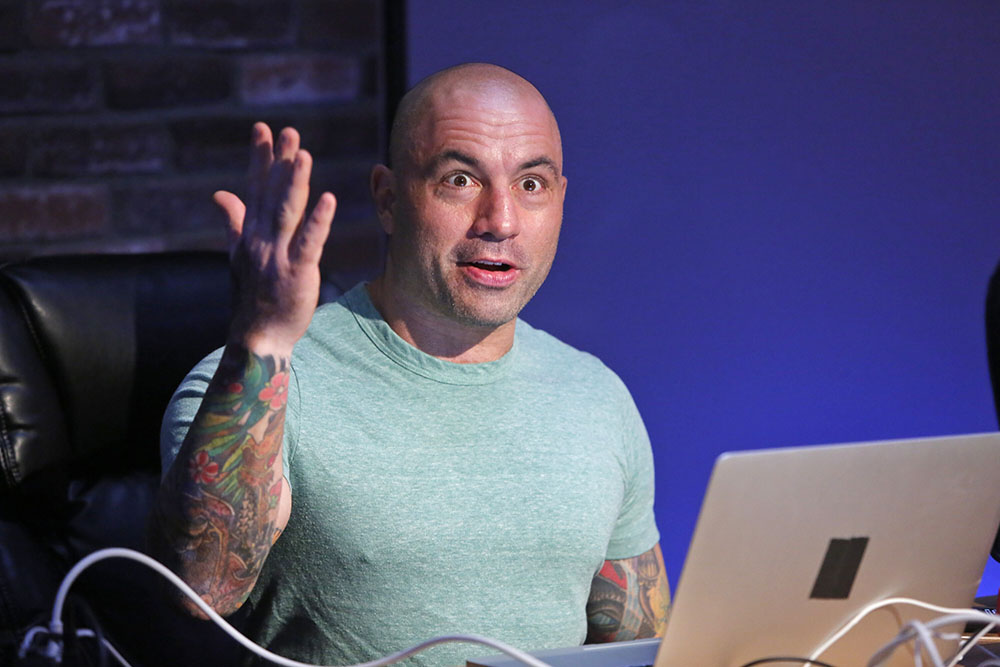It’s absurd the number of times I’ve heard this sentence uttered after the U.S. election – as if trying to Frankenstein a savior into existence who will solve what decades of not listening to young men have produced. Manufacturing trust, appreciation, and a meaningful relationship with young men is giving 90s boy band vibes (no shade to Back Street Boys or N’Sync).

To get to where we want to be with young men and boys, we need to first unapologetically say (and mean it) that we care about them. It should be obvious (but just in case it isn’t), this doesn’t mean that we cease to care about women and girls. Caring is the beginning of it all; genuinely caring about the two-thirds of young men who say that no one really knows them well. Deeply caring that one in four guys do not believe they will ever find love. Truly caring about the fact that young boys are underachieving in schools in more than 100 countries around the world, and that 40 percent of 18- to 23-year-olds have thought about suicide in the last two weeks.
Once we genuinely care, we need to roll up our sleeves and get to work. We need to question the way we’ve been tackling the work with 49 percent of the world. We need to have a conversation about how gender equality benefits us all, and how we can effectively communicate this to those outside of our bubbles.
Change does not happen overnight. It requires time and resources, but also calm and steady hands. It requires embracing a concept I am learning more about: Narrative Shift.
So, what is narrative shift? Narrative shift is not about buzzwordy metrics such as engagement or reach. It is about roots; it aims to lay the soil from which future stories grow. Narrative shift seeks to strengthen narrators – those who can tell new, resonant stories that over time transform how entire communities, sectors, and societies think, feel, and see themselves.
Narrative shift is slow. It demands patience, trust, and the willingness to plant seeds that may not bloom for years. Effective narrative work is not reactive. It does not just rely on counter-narratives or public relations tactics that spin a momentary frame. It begins with empathy and active listening – understanding the stories that already live in communities, the wounds or hopes they hold, and how imaginations can be expanded through new stories.
The Elephants (capital E) in the room know this very well. Over the past 30 years, conservative movements have effectively invested in narrative infrastructure – think tanks, media ecosystems, influencers – to seed consistent values and frames. They played the long game. To succeed in this space, progressive voices and their narrative strategies must boldly break out of logical frameworks and linear theories of change. They must borrow from the adaptability of the tech sector, the storytelling power of media companies, and the iterative mindset of entrepreneurs – while remaining grounded in values of equity, care, and connection.
In short, what we need is not a progressive Joe Rogan. The road to young men’s hearts and minds cannot be built by mere performance. It cannot be built without caring about how they already feel and think. We must shift from: “How can we get young men back?” to “How do we have their back?” We should, as Gary Barker, CEO and Founder of Equimundo, always says – call men in; not just call them out.
